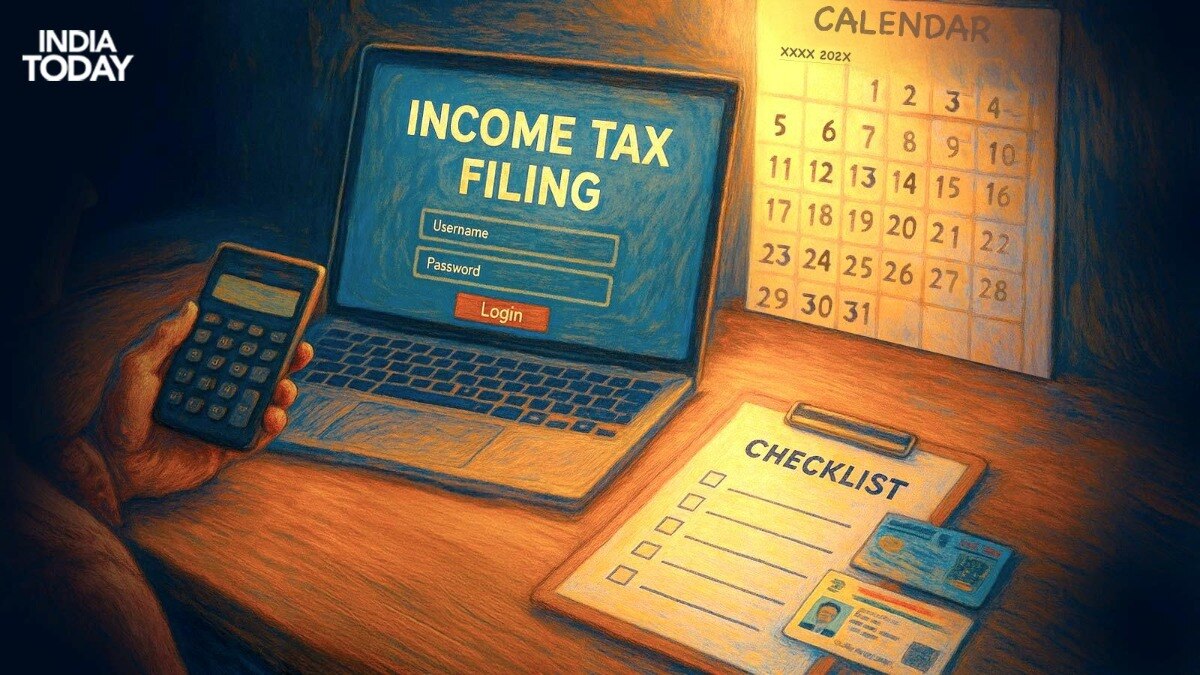Don’t Panic! How to File Your Income Tax Returns Without Form 16 This Year
The Income Tax Department has released all the Income Tax Return (ITR) forms for the assessment year 2025-26, but if you’re among the salaried individuals, you might have to hold off on filing your returns until mid-June. This waiting period can be attributed to the crucial role of Form 16, a key document that provides information about your salary income and the tax deducted at source (TDS).
Why the Delay?
For salaried taxpayers, Form 16 is more than just a piece of paper; it’s a lifeline. Employers usually provide this form around mid-June, which details your total earnings, deductions, and TDS figures. Without it, accurately submitting your income tax return becomes a daunting task.
Employers generate Form 16 directly from the TRACES portal of the Income Tax Department, which ensures the data’s reliability. After June 15, employees typically receive a digital copy of Form 16, paving the way for filing their returns for AY 2025-26 (FY 2024-25).
Alternative Methods to File Your ITR
While Form 16 is an essential document for salaried individuals, freelancers and self-employed taxpayers rely on different forms of documentation. However, even those awaiting Form 16 can still file their income tax returns using the following methods:
-
Salary Slips: Your salary slips provide a comprehensive breakdown of your earnings for the financial year. These can be helpful if Form 16 is delayed or unavailable.
-
Form 26AS: This document includes the TDS that has been deducted by your employer and can serve as a good reference point when filing your return.
-
Annual Information Statement (AIS): The AIS gives a thorough financial overview, including various income sources, which can be beneficial for tax filing.
- Bank Statements: Checking your bank statements can help you track income and confirm any tax deductions made by the bank.
Before filing, make sure that the information in your Form 26AS and AIS matches to avoid any discrepancies with tax authorities.
Documents You Can Use
Here’s a quick list of alternative documents that can come in handy for filing your returns in the absence of Form 16:
- Salary slips and bank statements
- Evidence of house rent and leave travel allowances
- TDS certificate provided by your bank
- Certificates for home and education loan payments
- Proof of investments that qualify for tax deductions
- Your Form 26AS for TDS details
E-Filing Your Return
One of the great advantages of the digital age is that you can file your income tax return for free, using the official e-filing portal of the Income Tax Department. The site allows you to submit your return without needing to upload Form 16 or incur any charges.
Here’s how you can navigate the process:
- Log In: Access the e-filing portal and log in using your credentials.
- Select Your Tax Regime: Choose the applicable tax regime and the relevant ITR form.
- Auto-Filled Information: The portal will auto-fill key financial details such as income, deductions, and TDS based on your PAN and available records.
- Cross-Check: Always verify that this auto-filled information aligns with your documents, especially Form 16 if you have received it.
Consult a Professional if Needed
If you have income from multiple sources or feel unsure about filing your tax return independently, seeking professional guidance can be invaluable. Hiring a tax expert, preferably a Chartered Accountant, can simplify the process and help you navigate the complexities of Indian tax laws.
Conclusion
In summary, while the arrival of Form 16 signals the green light for salaried individuals to file their returns, alternative documents make it possible to proceed even in its absence. The Income Tax Department’s e-filing portal offers a streamlined experience, making it tangible for taxpayers to stay compliant. Remember to cross-check your information for accuracy, and when in doubt, don’t hesitate to consult a professional. Being proactive about your tax filing process can save you time and potential headaches down the line, ensuring you remain on the right side of the law.






